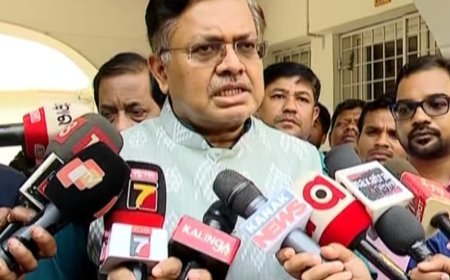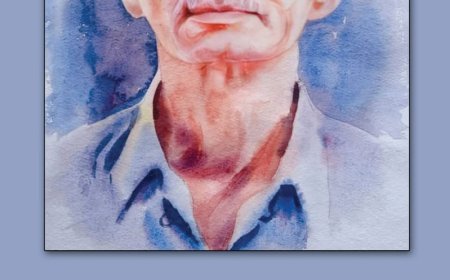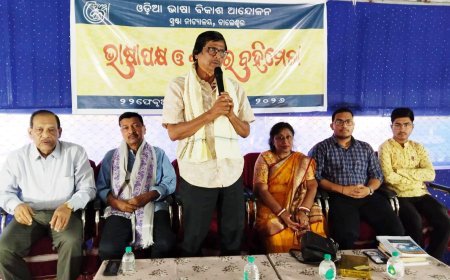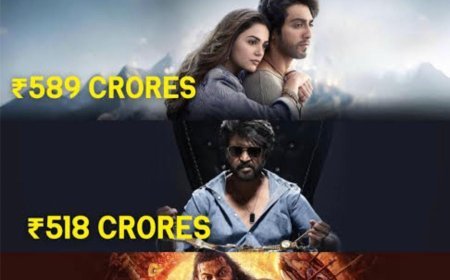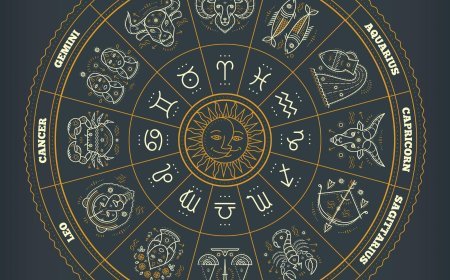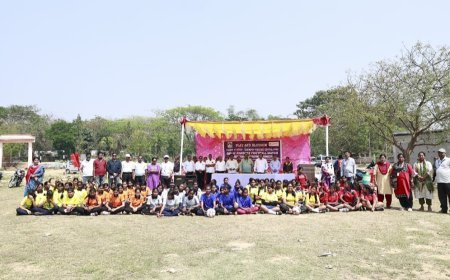The Indian Mindset: A Tug-of-War Between Tradition and Progress
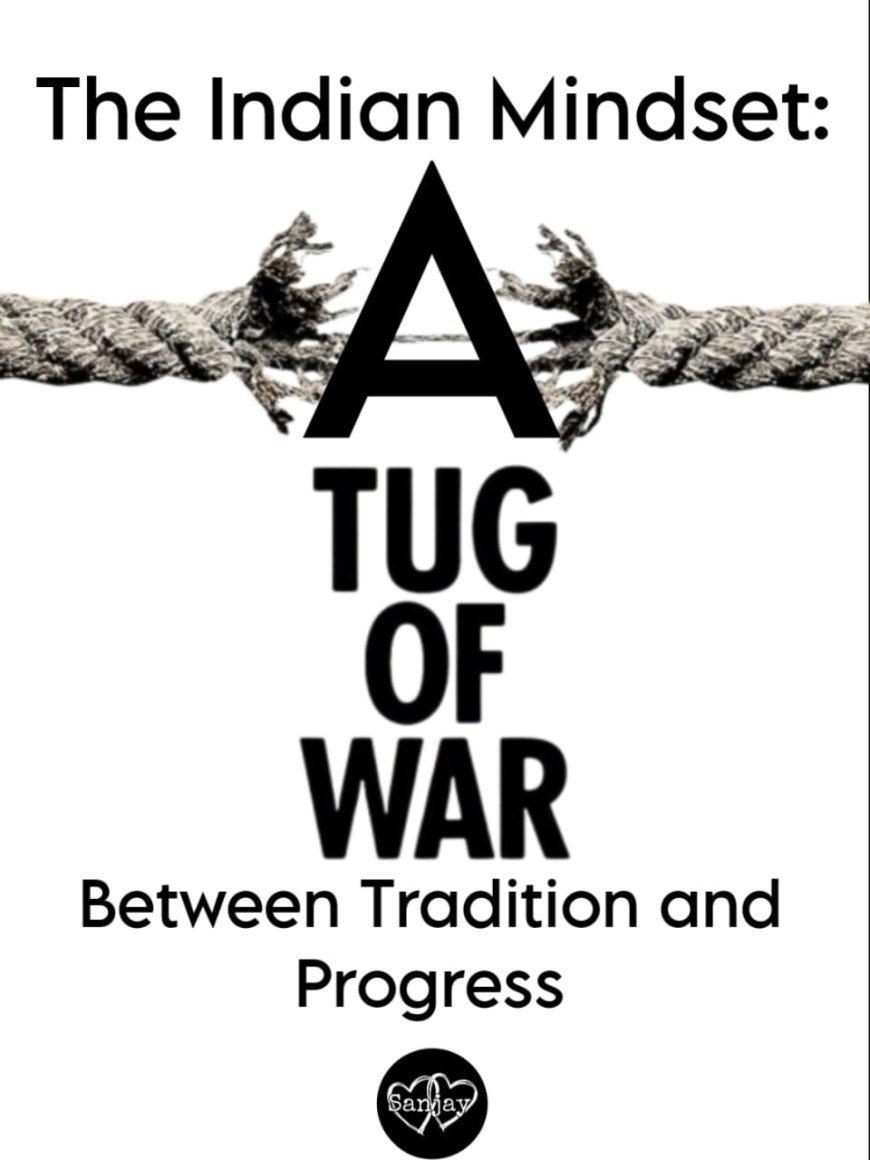
India, a land of unparalleled diversity and rich heritage, stands at a crossroads where tradition meets technological advancement. While the world embraces the future with Artificial Intelligence and rapid technological development, India grapples with an inherent mindset deeply rooted in mysticism, rituals, and age-old beliefs. This duality is both a strength and a weakness, but certain aspects of this mindset have arguably pulled us backward in terms of global progress.
The Obsession with Miracles Over Achievements
Events like the Maha Kumbh Mela showcase India's spiritual fervor. However, the glorification of so-called "miracles" — sadhus igniting fire without a matchstick, sleeping on fire, or wearing heavy rudraksha malas — often overshadows genuine intellectual and scientific achievements. While these displays may draw crowds and media attention, they contribute little to the scientific temperament needed for progress.
In contrast, India has produced Nobel laureates who have made remarkable contributions in fields like physics, medicine, economics, and peace. From Rabindranath Tagore, the first Asian Nobel laureate, to Abhijit Banerjee, whose work focuses on poverty alleviation, these individuals exemplify India's potential. Yet, their achievements are often underappreciated in comparison to the reverence for mystical feats. A magician with international acclaim could replicate or even surpass these so-called "miracles," but the collective focus remains skewed.
Lack of Pride in Intellectual Heritage
India's rich history of science and mathematics — with pioneers like Aryabhata, Sushruta, and Chanakya — is often sidelined in favor of mysticism. Instead of discussing the contributions of Nobel laureates or promoting STEM education, a significant section of society clings to myths and unverified claims. This disconnect between heritage and modernity stifles intellectual curiosity and innovation.
The Neglect of Monumental Achievements
India's architectural marvels, such as the Sun Temple in Konark and the Ajanta and Ellora caves, stand as testaments to the country's advanced engineering and artistic capabilities. These UNESCO World Heritage Sites are symbols of ingenuity, yet they are often relegated to tourist attractions rather than sources of inspiration for modern infrastructure and design. The mindset that glorifies the past without learning from it restricts the application of ancient wisdom to contemporary challenges.
Cultural Resistance to Change
A significant factor pulling India backward is the resistance to change. Many Indians are reluctant to adopt new ideas or technologies, often citing cultural or religious reasons. This resistance is evident in the education system, which prioritizes rote learning over critical thinking, and in societal norms that discourage questioning established traditions. While countries invest heavily in research and innovation, India struggles to fully harness its demographic dividend due to outdated mindsets.
Idolizing Rituals Over Rationality
The prevalence of superstitions and blind faith further hampers progress. Practices like spending exorbitant amounts on rituals or relying on astrologers for decision-making detract from investing in education, healthcare, and technology. This misplaced priority not only wastes resources but also perpetuates a cycle of ignorance and dependency.
Shifting the Narrative
To break free from this regressive mindset, India must:
Promote Scientific Temperament: Encouraging critical thinking and scientific inquiry, as envisioned by the Constitution of India, is essential. Schools and media should highlight the achievements of Indian scientists, economists, and artists to inspire future generations.
Celebrate Achievements: Nobel laureates, scientists, and innovators should be celebrated as national heroes, with their stories integrated into school curriculums and public discourse.
Preserve and Learn from Heritage: India's architectural and cultural heritage should be viewed not just as relics but as sources of inspiration for modern advancements.
Embrace Education Reforms: Shifting from rote memorization to creativity, innovation, and problem-solving will empower young minds to contribute meaningfully to global progress.
Challenge Superstitions: Public campaigns and grassroots movements can help debunk superstitions and promote rational thinking, paving the way for a more enlightened society.
Conclusion
India's mindset is a complex amalgamation of pride in its heritage and reluctance to let go of outdated beliefs. While it is important to honor traditions, clinging to practices that hinder progress will only hold the country back. By embracing a rational, forward-thinking approach and celebrating intellectual achievements, India can truly unlock its potential and take its rightful place on the global stage. The question is: are we ready to let go of the chains of the past and march boldly into the future?
Sanjay Pattnayak
Sundargarh








